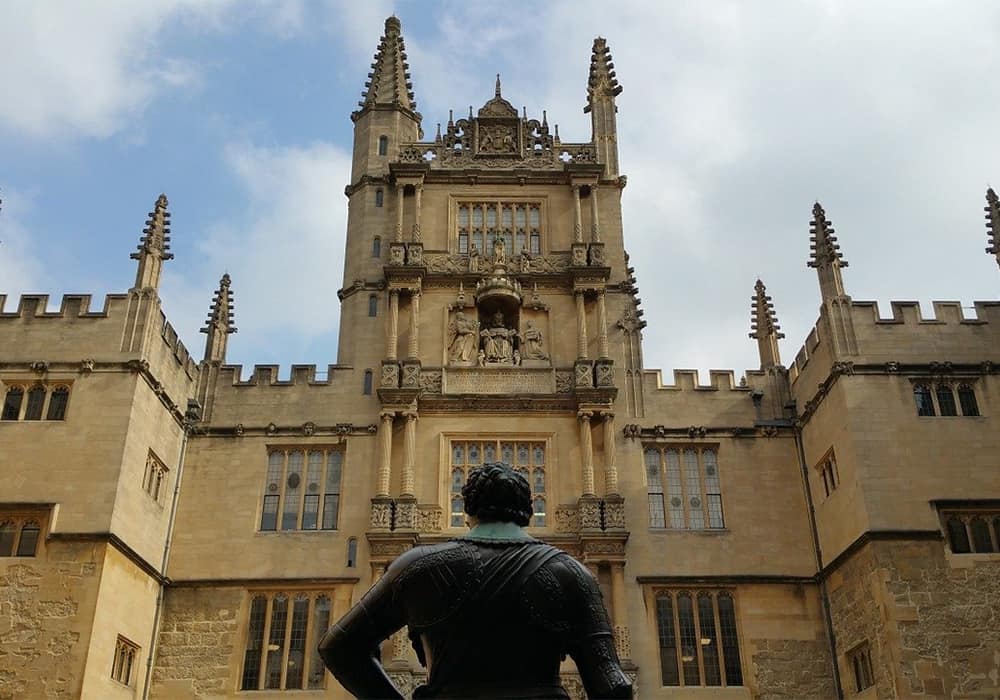Escrito por Lígia Crispino, sócia-diretora da Companhia de Idiomas e da ProfCerto
Editado por Claudia Gasparini, de Exame.com
Assim como o português, o inglês tem muitas palavras que são frequentemente confundidas entre si. Veja abaixo 15 termos que costumam causar dúvidas, acompanhados de suas definições em inglês e em português.
Lose ou loose, dessert ou desert… entenda a diferença
latter = last of two things mentioned (o/ a último/ a de dois)
later = a time in the future or following a previous action (mais tarde)
loose = opposite of tight (solto, frouxo, largo)
lose = to be unable to find something (perder algo que se possui)
considerable = rather large amount or degree (considerável)
considerate = thoughtful, polite (educado, atencioso)
advise = (verb) act of giving an opinion, counsel (aconselhar)
advice = (noun) opinion given to someone, counseling (conselho)
dessert = the final course of a meal, usually something sweet (sobremesa)
desert = a hot, dry place (deserto)
hard = difficult (difícil, duro)
hardly = (adverb) barely, scarcely (mal)
costume = clothing, typical style of clothes (roupa, fantasia, vestuário)
custom = a practice that is traditionally followed by a particular group of people (costume)
Customs = Duties or taxes imposed on imported and, less commonly, exported goods. The governmental agency authorized to collect these duties. (Alfândega; impostos e taxas sobre importações)
Agora é a hora de ver se você entendeu a diferença entre essas palavras. Preencha as lacunas abaixo com as palavras acima. No caso dos verbos, certifique-se da conjugação correta. Há uma palavra para cada frase:
1. It is difficult to survive in the __________ without water.
2. We had an apple pie for ____________ last night.
3. We all decided to wear ____________ to celebrate Carnival.
4. It is the _________ for the bride to wear a White dress on her wedding day.
5. It took us a long time to clear __________at the border.
6. We went to the movies and ________ we had dinner at a fancy restaurant.
7. Germany and England both developed dirigibles to be used during World War II, the ________ primarily for coastal recognition.
8. After being on a diet, she found that her clothes had become so _______ that she had to buy new ones.
9. Don’t _______ your mind. Everything will be all right!
10. If you follow her _____________, you will succeed.
11. The Congress ______________ the president against signing the Treaty last week.
12. She has to make a __________ decision whether to stay or leave her job.
13. He could _________ believe what was happening to him.
14. It was very __________ of you to wait for me.
15. Even though she had _____________ experience in the area, she was not hired for the job.
Confira as respostas somente depois de ter tentado realizar todo o exercício. Aí vão elas:
1. It is difficult to survive in the desert without water.
2. We had an apple pie for dessert last night.
3. We all decided to wear costumes to celebrate Carnival.
4. It is the custom for the bride to wear a White dress on her wedding day.
5. It took us a long time to clear customs at the border.
6. We went to the movies and later we had dinner at a fancy restaurant.
7. Germany and England both developed dirigibles to be used during World War II, the latter primarily for coastal recognition.
8. After being on a diet, she found that her clothes had become so loose that she had to buy new ones.
9. Don’t lose your mind. Everything will be all right!
10. If you follow her advice, you will succeed.
11. The Congress advised the president against signing the Treaty.
12. She has to make a hard decision whether to stay or leave her job.
13. He could hardly believe what was happening to him.
14. It was very considerate of you to wait for me.
15. Even though she had considerable experience in the area, she was not hired for the job.
Este texto foi originalmente publicado em Exame.com













